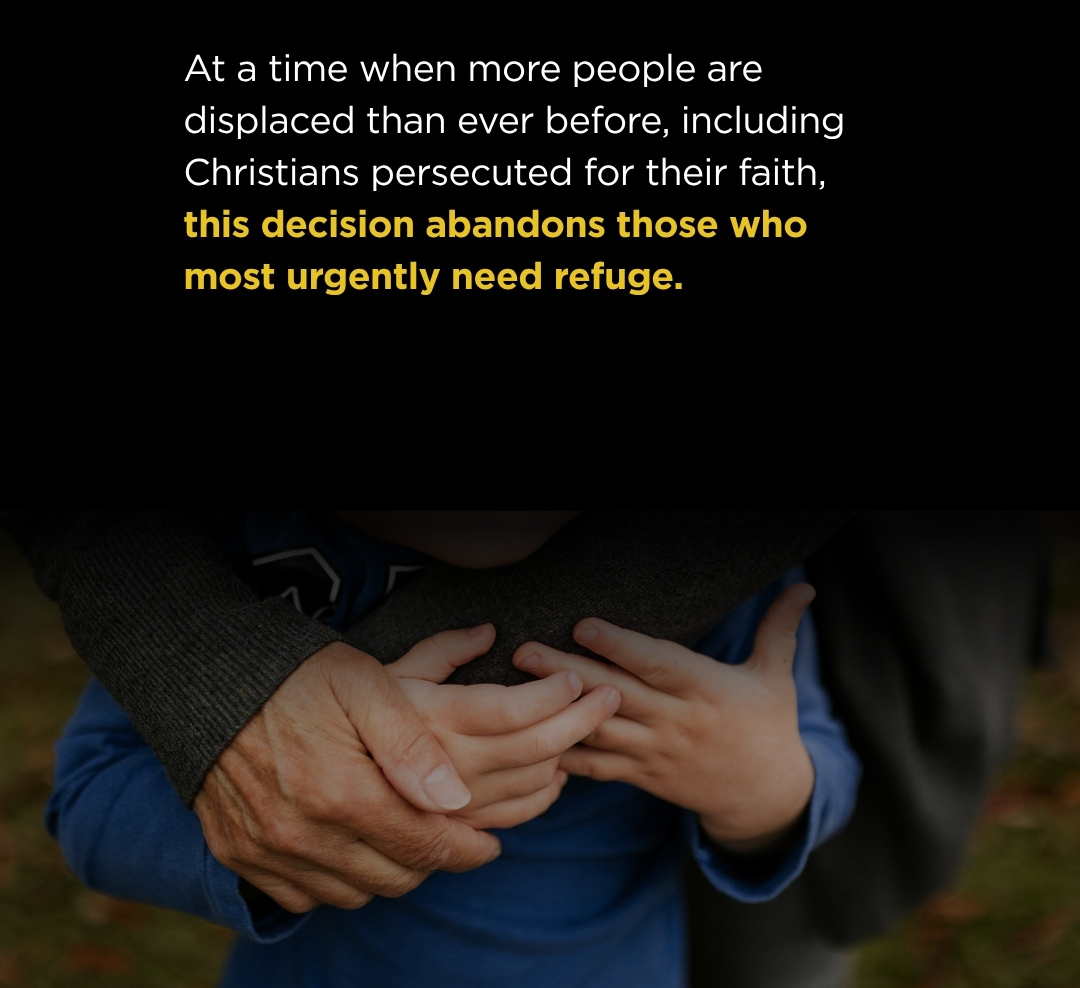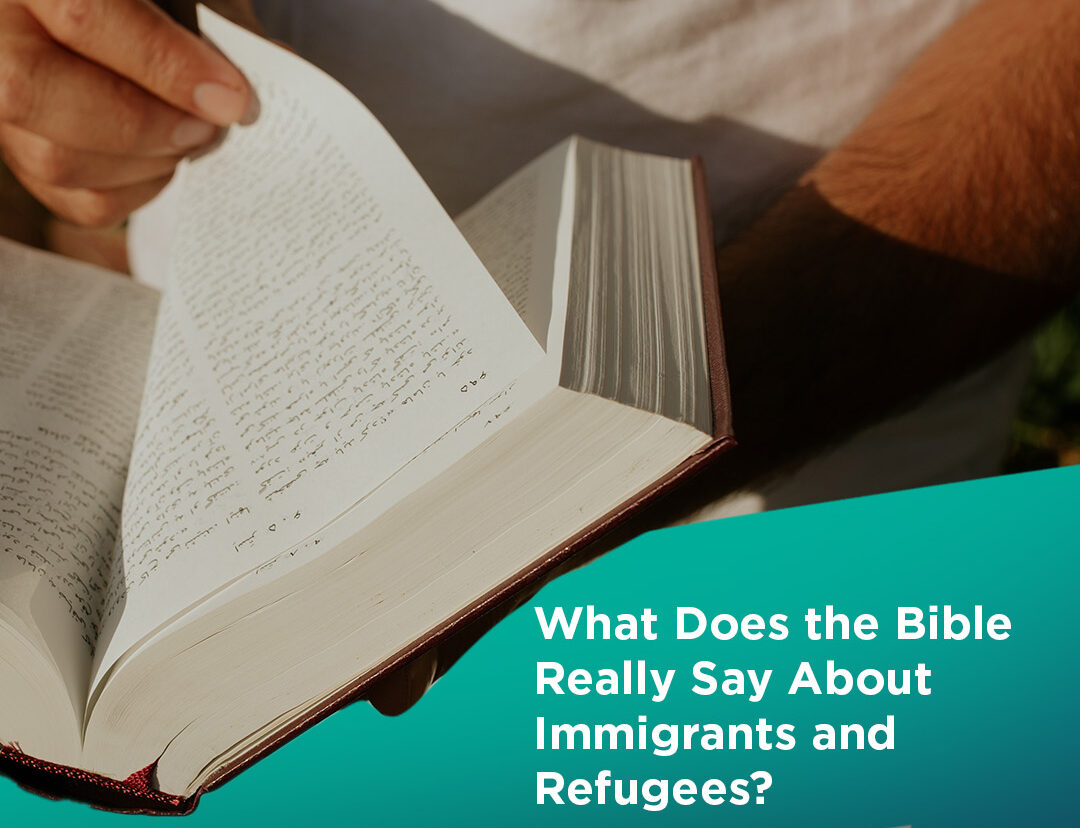Ezekiel 37:11, Look how they say, ‘Our bones are dried up, and our hope has perished; we are cut off.’
Our bones are dried up
Kakuma is dried up. It is a desert, located in the northwest region of Kenya. It is hot, dusty, and constantly scorched by the sun. The week I spent there in early October only gave me a glimpse into the heat and wearing conditions of the weather, let alone the hardships in the camp.
The majority of our time was spent with the local refugee churches and their leadership, while visiting families in the camp. Halfway through our week, we hosted a gathering of refugees from diverse experiences: elderly, disabled, orphans, widows, etc. We sat in a circle with them for several hours, hearing their stories of fleeing, of family lost, and the greatest challenges they face in Kakuma. As they shared, I wrote down some of their answers:

“The sun is our greatest enemy”
“Food rations are so low”
“Education is a problem”
“Dealing with health conditions in the camp is especially hard”
“Women in Kakuma suffer”
“We want to work, but aren’t allowed to”
“Being a single parent is hard”
“There are so many orphans”
“We just want a place to call home”
“We are just tired”
Our hope has perished
Refugees in the camp experience these conditions continually, sometimes over decades, with little relief. Kakuma Refugee Camp opened in 1992, and I met several people who had been there from the start. Walking up to youth playing soccer, we asked where they were from: “Kakuma,” they said. They had all been born in Kakuma. It is shocking how many people have spent the majority, if not all of their lives in this place. One person in the circle even said, “Kakuma has become our country.”
 This is because the conditions in their home country have not changed, keeping them from repatriating. Over the years, the camp has only continued to grow. It is now five camps in one. The inhabitants now total close to 200,000 people from the surrounding nations of Sudan, South Sudan, Congo, Ethiopia, Uganda, Burundi, and Somalia.
This is because the conditions in their home country have not changed, keeping them from repatriating. Over the years, the camp has only continued to grow. It is now five camps in one. The inhabitants now total close to 200,000 people from the surrounding nations of Sudan, South Sudan, Congo, Ethiopia, Uganda, Burundi, and Somalia.
[pullquote style=”left” quote=”dark”]Many of the refugees we met feel forgotten by the world. They feel like their identity has been stripped.[/pullquote]And while Kakuma is one of the largest refugee camps in the world, these 200,000 people make up only a fraction of the world’s 25.9 million refugees.
I hate writing that number. The scale of it is almost impossible to conceptualize.
Over the past two years I have shared that statistic at almost every training I’ve given at a church or school. I have shared about the 25.9 million refugees as part of the 70 million displaced people worldwide. I have shared about the less than half of one percent that are resettled to another country. I have shared about how the average time spent waiting for a solution – whether that be repatriation, integration, or resettlement – is 17 years.
This data always elicits a response of sorrow from people attending these trainings, and it should. But I fear that it’s sorrow over the crisis, not sorrow for the person. Even for me, it’s always hard to imagine individuals or families when hearing the scope of the refugee crisis.
Traveling to Kakuma allowed me to look into the eyes of the person. The person created by God. Seen by Him. Loved by Him.
We are cut off
Many of the refugees we met feel forgotten by the world. They feel like their identity has been stripped. They are one of 25.9 million, with few prospects or hope.
 When we began the forum of diverse refugees, we asked members to say their name and ethnicity, along with whatever they felt led to share with the group. There are two stories that continue replaying in my mind:
When we began the forum of diverse refugees, we asked members to say their name and ethnicity, along with whatever they felt led to share with the group. There are two stories that continue replaying in my mind:
A young man introduced himself as John. He was maybe 20 years old. He told the group which part of the camp he lived in, rattling it off like an address – Kakuma 1, Zone 3, Block 4.
“I don’t know my ethnicity,” he said.
[pullquote style=”left” quote=”dark”]John talked about hope that can only exist in God. He is still overwhelmed and unsure about his future, but he knows that God sees him.[/pullquote]John fled to Kakuma with his mom and younger siblings, the youngest who has severe medical needs. As the oldest son, he feels the responsibility to financially support his family. As he spoke, everything about his posture communicated tension and stress. I could feel the burden he was carrying from across the room. Being an oldest child myself, I could only imagine the weight of responsibility he must feel every day, waking up in Kakuma – a desperate place; a place not his home. And then I thought about the words he had spoken a few minutes earlier, “I don’t know my ethnicity.” It occurred to me that he doesn’t even know his home.
Sitting just a few seats down from John another young man shared his story. He introduced himself as Mark, 19 years old, from South Sudan. Mark fled his home country by himself when he was just 13 years old. His parents were both killed in the war. When he arrived in Kakuma, he sought out a place to stay, but being an unaccompanied child, access to housing resources in the camp was limited. He looked for his community, but after searching, discovered that he was the only person from his people group present in Kakuma. He was an orphan and alone.
Both of these young men went on to share about their identity in Christ. Mark shared that he was not a believer until meeting a pastor in the camp, who took him in. He came to know Christ while in Kakuma and has continued to extend that love to other orphans he encounters. He is a youth leader in his church.
John talked about hope that can only exist in God. He is still overwhelmed and unsure about his future, but he knows that God sees him.
 A few days earlier we had hosted a women’s conference. Women walked several hours, many with a baby strapped to their back, in order to attend. Here I met Anna, who talked about Kakuma differently – she described Kakuma as a refuge.
A few days earlier we had hosted a women’s conference. Women walked several hours, many with a baby strapped to their back, in order to attend. Here I met Anna, who talked about Kakuma differently – she described Kakuma as a refuge.
“I am a single mom of three and I am thankful that God brought me here because the place I left is a very bad place.”
Hearing her express this sentiment reminded me of the ongoing conflict that exists in this part of the world. Anna is Nuer, a people group from South Sudan, a nation that has experienced intermittent unrest for decades. Non-governmental organizations (NGOs) from Kakuma make weekly trips to the South Sudanese border, 80 miles away, to pick up women, men, and children who are still fleeing every day.
Anna is two years younger than me. She is tall and has the biggest smile. She likes to sing. I had the opportunity to attend her church, which turned out to be a gathering of eight different Nuer congregations who all came together for Unity Sunday. Not knowing what to expect, I followed the pastor up a winding dirt path through the camp until we came upon a gathering of hundreds of women, men, and children. Before I saw them, I heard them, worshiping in their local language.
Worshiping with them that Sunday morning is an experience I will never forget. It was here that I saw God’s promise through Ezekiel fulfilled in Christ:
Ezekiel 37:5, This is what the Lord God says to these bones: “I will cause breath to enter you, and you will live. I will put tendons on you, make flesh grow on you, and cover you with skin. I will put breath in you so that you come to life. Then you will know that I am Yahweh.”
I will cause breath to enter you, and you will live
The breath of life is in His people. It is active through His Spirit.
 [pullquote style=”left” quote=”dark”]He wants to see his children receive an education and have their dreams realized. He wants to be able to work and support his family. He wants his dignity restored.[/pullquote]The pastor who invited me to Unity Sunday fled to Kakuma in 1994. He had been shot in the war and showed me the bullet wounds on his arm. He met his wife in Kakuma and they now have five daughters and a son. He is the pastor of a Baptist congregation and just obtained his masters in theology.
[pullquote style=”left” quote=”dark”]He wants to see his children receive an education and have their dreams realized. He wants to be able to work and support his family. He wants his dignity restored.[/pullquote]The pastor who invited me to Unity Sunday fled to Kakuma in 1994. He had been shot in the war and showed me the bullet wounds on his arm. He met his wife in Kakuma and they now have five daughters and a son. He is the pastor of a Baptist congregation and just obtained his masters in theology.
He has been waiting for resettlement to the United States for the past several years. It looked promising for his family in 2015, but then everything was delayed in processing for people from his nation. He has not heard any updates on his case.
I can’t imagine the depression and frustration that must consume his mind some days. He wants to see his children receive an education and have their dreams realized. He wants to be able to work and support his family. He wants his dignity restored.
But in the midst of waiting, he is living; because his identity and hope is in Christ. The breath of life is in him.
Genesis 2:7, “Then the Lord God formed the man out of the dust from the ground and breathed the breath of life into his nostrils, and the man became a living being.”
[pullquote style=”left” quote=”dark”]God continues to pursue man with that same depth of care, no matter where they are in the world.[/pullquote]The similarity between the “breath” terminology in the creation story and the text in Ezekiel captured me while in Kakuma. The fact that God breathed life into man speaks of the affection He has for His people. This imagery is personal and we see God’s depth of care modeled throughout scripture: potter and clay, shepherd and sheep, vine and branches. These examples show the intimate relationship that God desires with His people.
God continues to pursue man with that same depth of care, no matter where they are in the world.
I share these brief stories of real people because that is how our Father sees each of the 25.9 million refugees. He sees them as individuals. He sees where they call home – Kakuma 2, Zone 1, Block 5. He hears their individual prayers. And He breathes the breath of life into them.
I’m thankful that we serve this relational God. When circumstances of war and conflict rip people from their homes, I’m thankful that God goes before them.  When resettlement numbers decrease significantly across the globe, eliminating the hope of resettlement for women, men, and children, God is grieved, yet still offers His hope
When resettlement numbers decrease significantly across the globe, eliminating the hope of resettlement for women, men, and children, God is grieved, yet still offers His hope
I am also thankful for those displaced individuals who have come to call our U.S. cities their home. I am thankful that I get to welcome and serve them at Arrive Ministries, and for all that they have taught me. My time in Kakuma reminded me that each Somali, Congolese, or Karen person who lives down the street, shops at the local grocery store, or works at the nearby health clinic is seen by God. And our call, if we choose to accept it, is to see and love them as He does.
*Names have been changed.
Wendy Meyering (right) is the Director of Refugee Life Ministries. She traveled with International Association for Refugees (IAFR) to Kakuma Refugee Camp in Kenya the first week of October 2019. Most of the photos were captured by Tom Albinson, Founder/President of IAFR.





